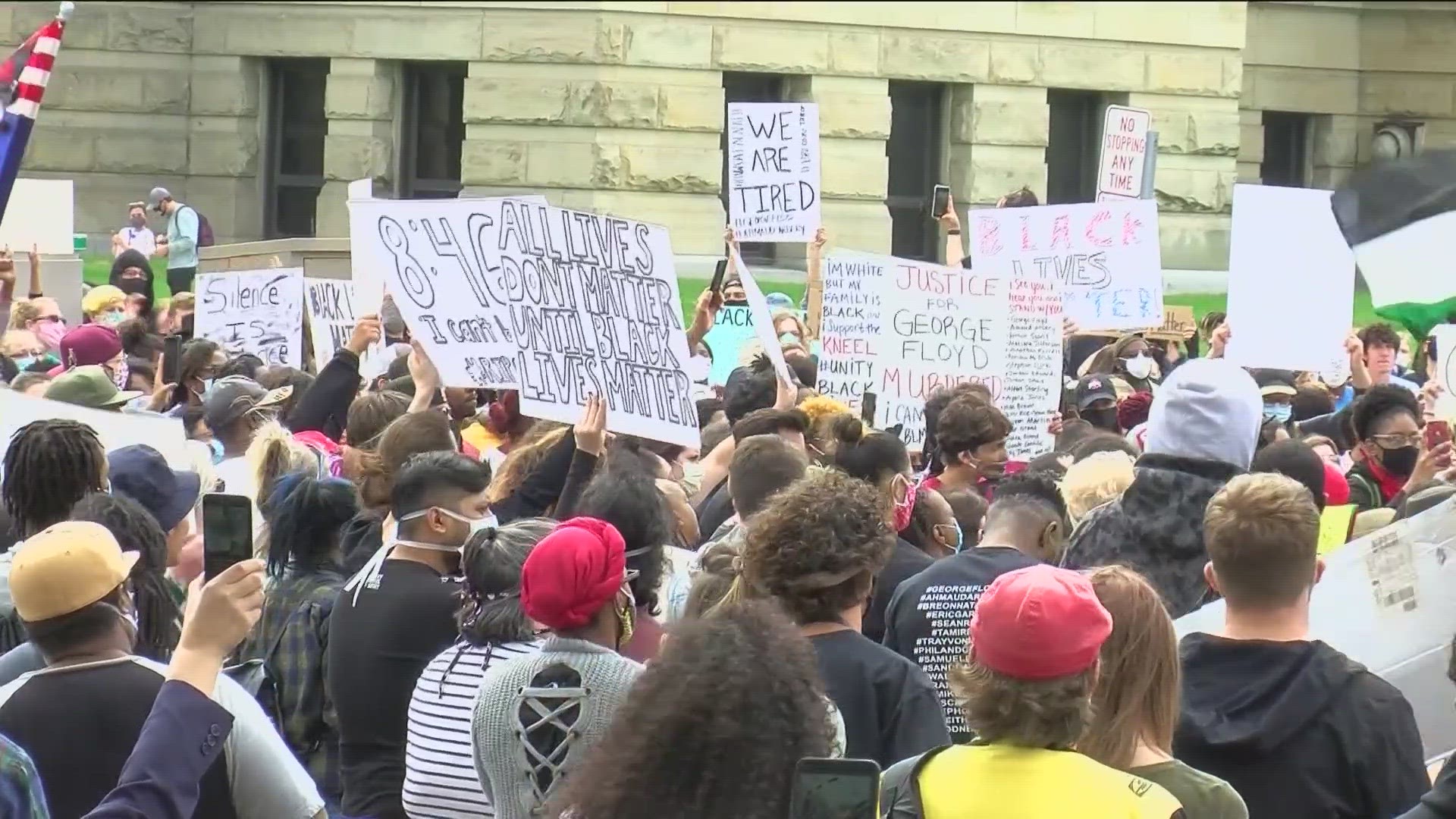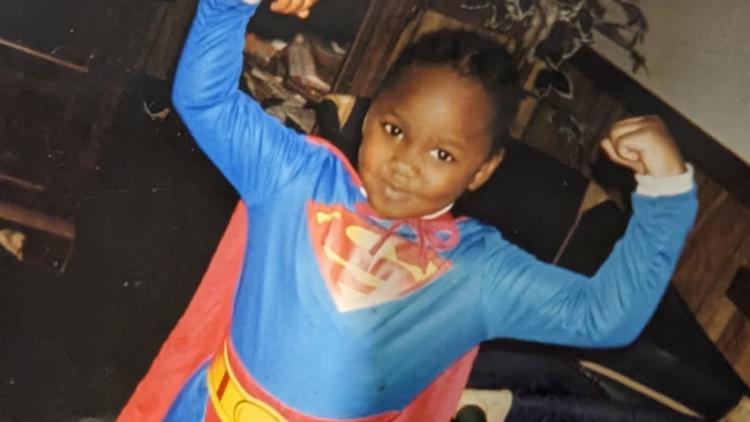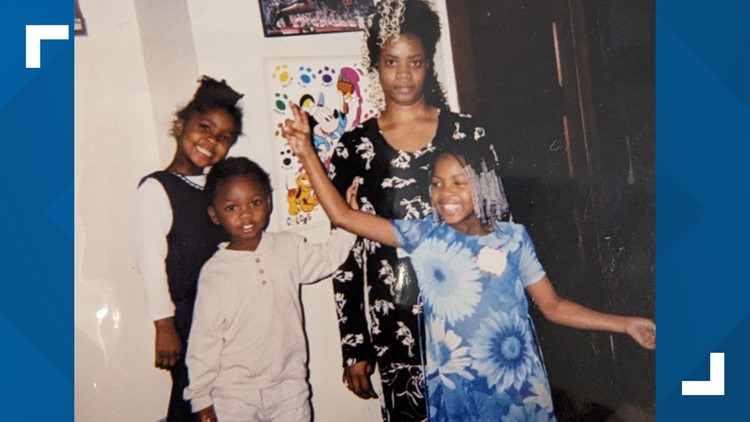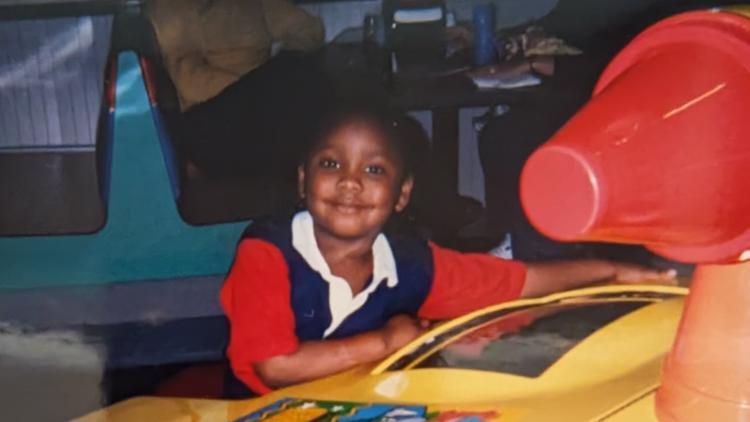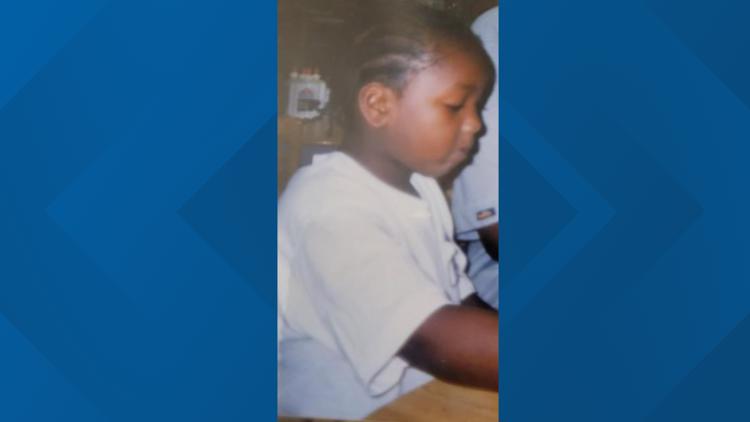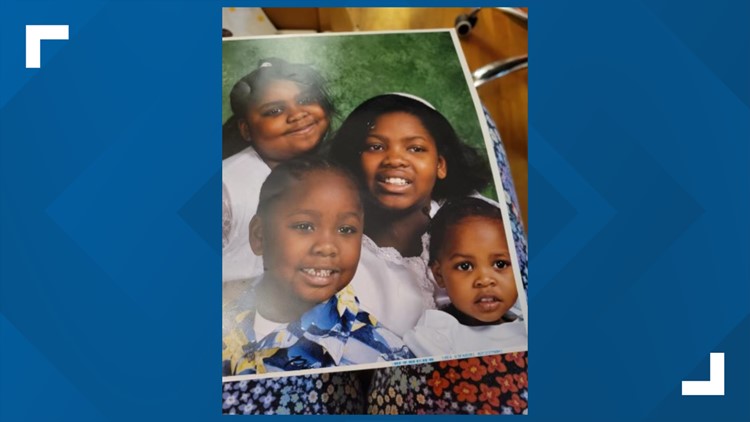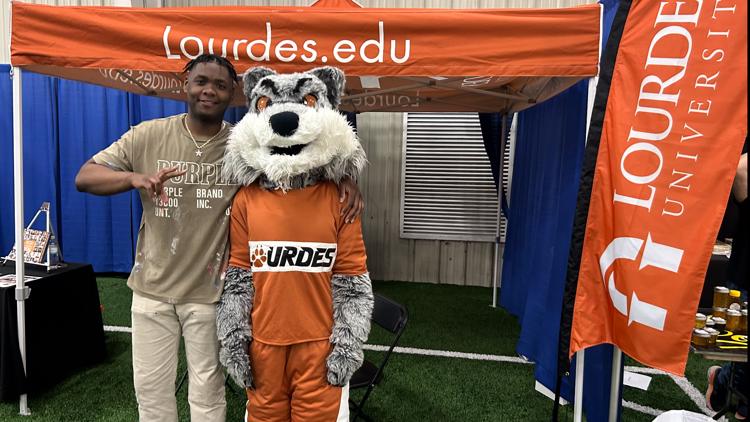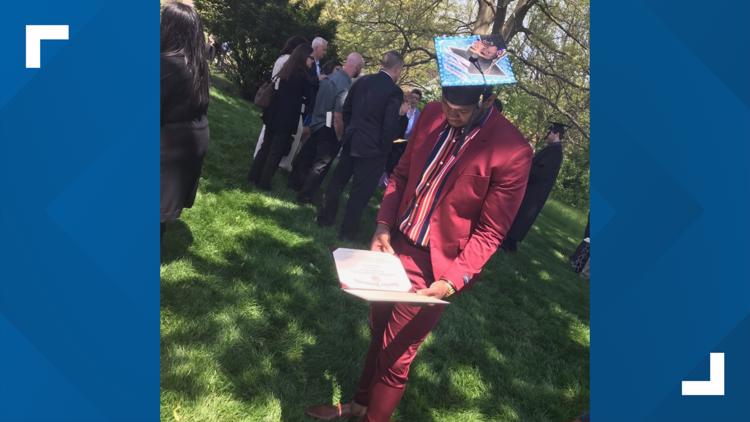Movement or moment? 2020's racial reckoning and its impact today
It’s been three years since a former Minneapolis police officer killed George Floyd, which sparked outrage around the world.
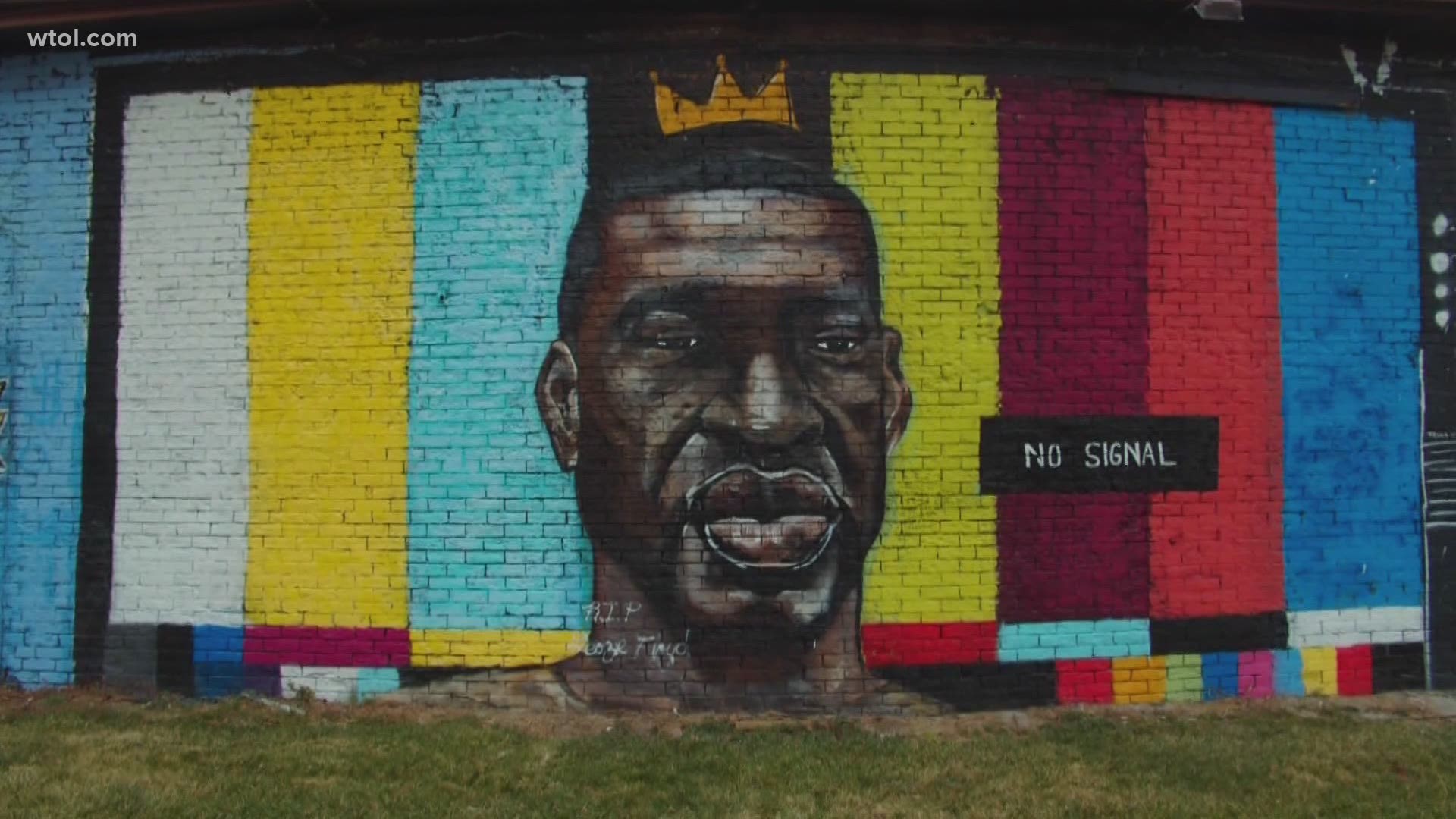
Chapter 1 Policing while Black
It’s been three years since a former Minneapolis police officer killed George Floyd, sparking outrage and change around the world.
It also touched people personally, including 26-year-old Sylvania Police Officer Darriontae Stewart.
“As a Black man it was scary honestly because when I’m outside of this uniform and I’m in regular clothes, nobody knows that I’m a law enforcement officer," he said. "That very well could’ve been me."
At the time, Stewart was fairly new to law enforcement and worked as a state trooper in southern Ohio when Floyd was killed.
“It kind of shook me for awhile to be honest, I questioned myself in law enforcement when that very moment happened.”
Part of his work at the time included going from city-to-city to provide added protection during protests and unrest. The protesters demanded police reform and accountability.
As a Black man and police officer, Stewart said some of those moments were tough.
“Some days I woke up knowing I had to go and pretty much be security protection, knowing that certain things were going to be said, people were going to feel a certain type of way and I just had to live with it I guess,” Stewart said.

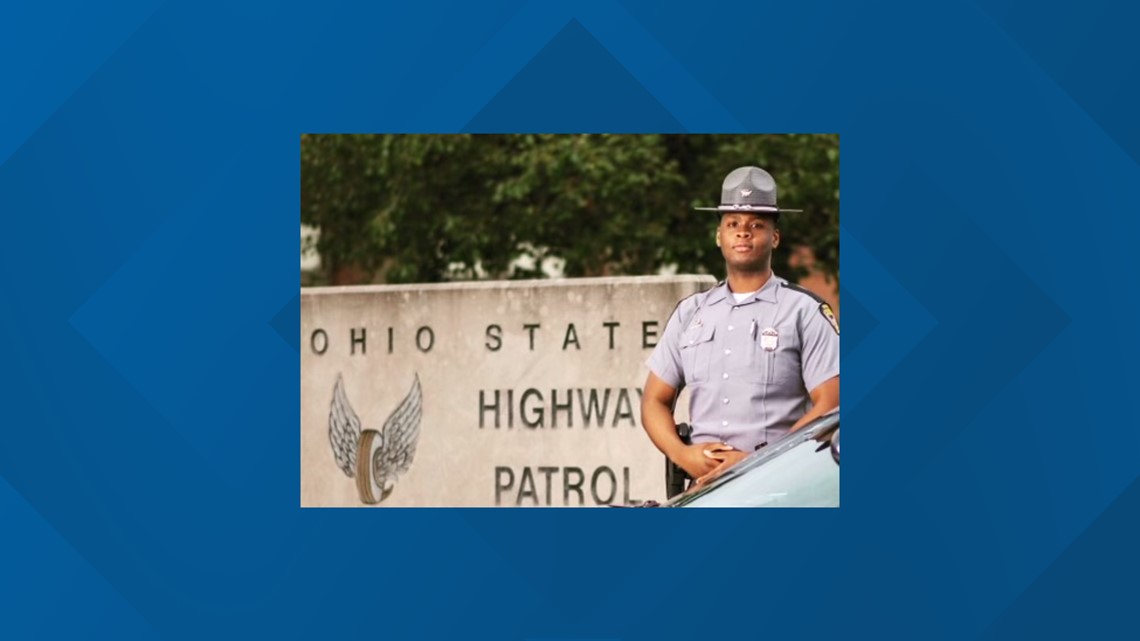
He decided to stay with a career in law enforcement. “I was told that if you don’t question what you’re doing sometimes, maybe it’s not the right thing for you,” he said.
After spending three years as a trooper, Stewart was encouraged to move back to Sylvania and join the police force in December 2022. Years earlier, he graduated from Lourdes University which is in Sylvania.
As a Black police officer, Stewart said he's had some challenges.
“I feel sometimes I may have to work two times as hard only to get half the credit, so it just continues to drive me," he said.
Stewart said he embraces these challenges and doesn’t make excuses for himself.
“Being able to talk to people who look like you is rare in this profession, and that may understand you in a different way, like the culture and everything. So that’s another challenge.”
He grew up in Cleveland’s inner city and graduated from Ginn Academy, an all-boys public high school.
“Where I come from it’s low socioeconomic status," he said. "You have violence at your front door, you have poverty at your front door, you was faced with so much adversity, I’ve seen some of my best friends go to prison for 17 years at the age of 17."
PHOTOS: Stewart and his family
Stewart has seven brothers and sisters. His oldest brother is serving a life sentence in prison.
“My mom’s oldest child is in prison for life and her youngest son is a law enforcement officer,” he said. “I wanted to be a part of the solution and not the problem, I knew that in order for people that look like me to get a step ahead we needed to be in positions of power.”

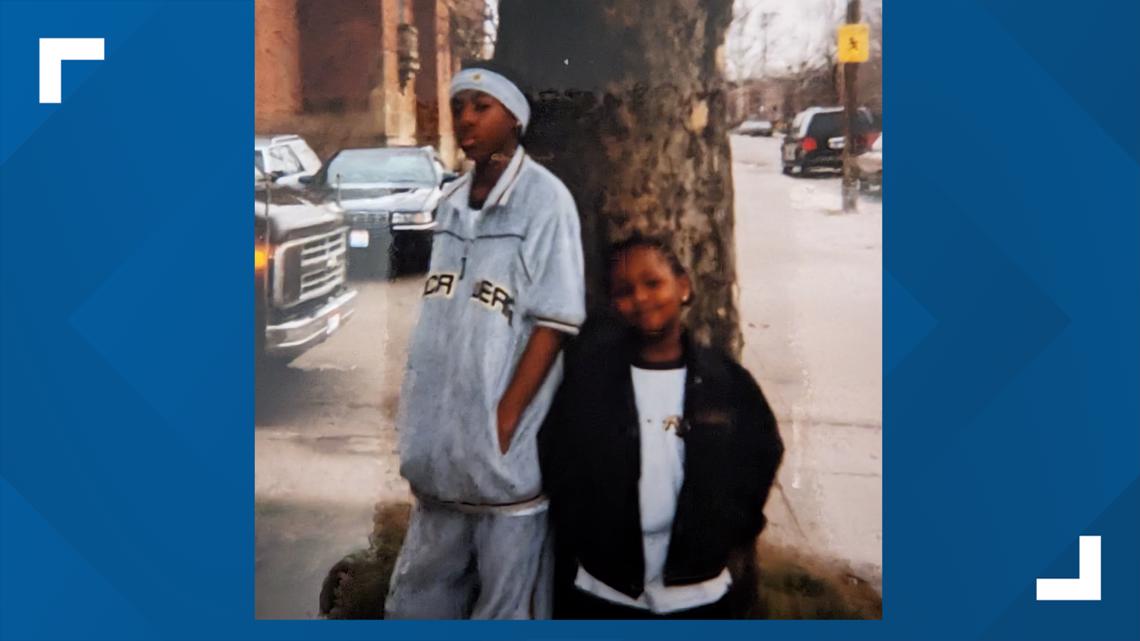
Chapter 2 Unprecedented times
In 2020, the world was dealing with a deadly pandemic and individuals, organizations and corporations were forced to come face-to-face with racism and discrimination.
“The world was being ravaged by a deadly virus, people were dying, people were losing their jobs, people were losing their benefits,” University of Toledo Assistant Professor of Sociology, Monita Mungo, Ph.D. said. “All those things were occurring, and the world was shutdown, so people had nothing to do but pay attention.”
According to Mungo, when crisis occurs, social inequality worsens. “More people saw it at a time when more people are outraged, because at that time, everyone’s going through social inequality,” she said.
Just about everywhere, there were protests and unrest but so much more happened in society. Companies changed racist branding of their products, pledged donations to organizations working to help Black and other minority communities and created diversity equity and inclusion (DEI) programs.
Mungo said there’s been awareness, but it needs to turn into action.
“In theory, it’s a wonderful thing but I do think it’s performative if change is not occurring,” she said. “When the needle is moving on life outcomes for people of color and Black people specifically, that’s when you can tell it has worked."
Chapter 3 Moment or movement?
Mungo believes the push toward equity and diversity following the murder of George Floyd is a moment. “Police brutality is still here and it’s still occurring. Policing has not changed much.”
President and CEO of YWCA of Northwest Ohio, Lisa McDuffie, said there was a wave of things that started to happen and many of them were very good.
“If it was not a movement, if it was not serious, we wouldn’t have folks that are trying to purposely silence us,” she said. “This thing is deep, it is structural, it is systemic and in order to really begin to change it, it is something that has to be looked at over a period of time.”
McDuffie said it’s important to acknowledge what has happened to move the needle forward to make things better for individuals.
“Toledo-Lucas County was a part of the wave of ‘let’s get this right, our community,’ like many communities across our country, [we] declared racism a public health crisis,” she said. “We too in this community made pledges, a declaration to fix equity.”
She said DEI officers popped up in corporations and believes for some, the movement has been life changing. “There’s a reason why Black and Latino individuals now are seen through a different lens, for some white Americans, I know it for a fact,” she said. “We can’t get tired. The work is tiring but we can’t get tired.”
PHOTOS: Beyond law enforcement
Stewart said he wants to continue to grow as a man and as a law enforcement officer. “Inside the uniform or out, [I] always try to do the right thing for the right reasons,” he said.
He’s part of a DEI program with Lourdes University. Stewart said more police departments are actively looking to hire people of color and women.
“We’ve come a long way but that can’t distract how much longer we have to go, I think it is a movement to this day, but we’ve got so much more work to do.”
RELATED STORIES


